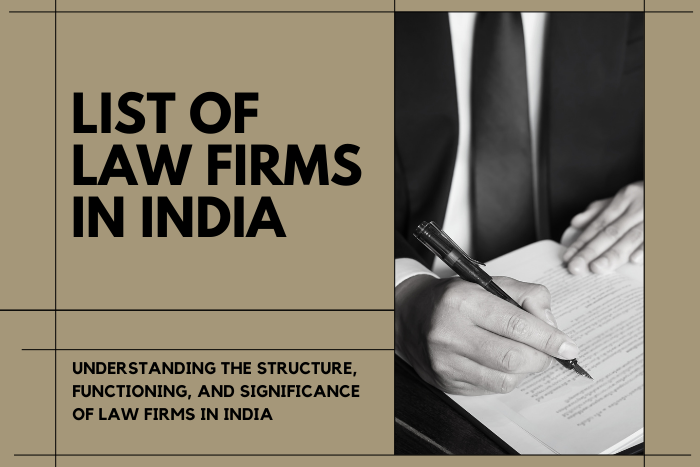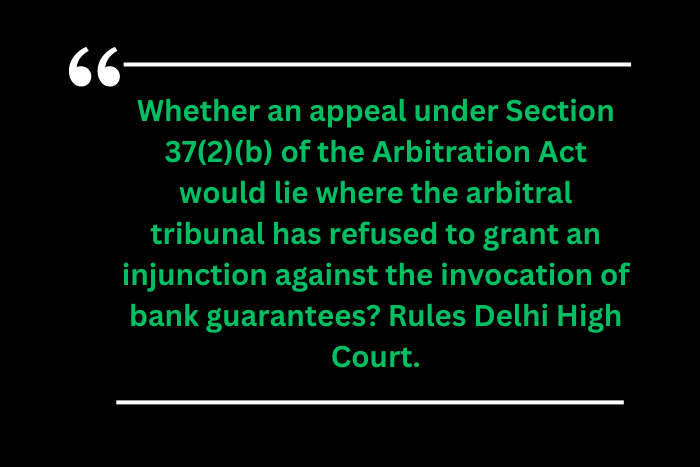Discover the pivotal role of Cross-Examination in Anti-Trust Proceeding in India. From legal debates to judicial insights, our analysis sheds light on Food Corporation v Shivalik Agro and beyond.
The Competition Commission of India (“CCI”) in the Food Corporation v Shivalik Agro instituted the debate for the parties in seeking a plea of cross-examination in the antitrust proceedings in India. In this case, the respondents requested the CCI for the cross-examination of the parties.
However, the CCI rejected their plea and observed that the application of the Indian Evidence Act, 1872 (“IEA, 1872”) in collecting confessions is found to be inoperative in the antitrust investigations and proceedings. This observation of the commission raises a pertinent question as to whether the parties in Antitrust proceedings are having the right to raise the plea of cross-examination as compared to the practice in civil and criminal law proceedings or not?
The usual practice adopted by the judiciary in affirming the relevancy of the oral evidence in the criminal or civil trial is through the process of cross-examination. Without cross-examination, a piece of the oral evidence is seldom held to have persuasive value before the courts and courts often restrain themselves in accepting these pieces of evidence as legally enforceable. Section 36(3) of the Competition Act, 2002 (“the Act”) states that the Competition Commission shall be deemed to be a civil court.
However, a pertinent question arises as to whether this means that the Act stipulates the CCI to be guided by the principles of the Indian Evidence Act, similarly as the civil courts in India operate.
Collecting Oral Evidence in Antitrust Proceedings
Pursuant to the establishment of a prima facie case before the commission. The Commission invites the director-general to conduct the investigation.
Section 41 of the Competition Commission Of India (General) Regulations, 2009 (“General regulations”) empowers the DG (“Director-General”) to collect the evidence in the form of tape transcripts, video recordings, electronic mail, telephone recording, written unsworn statements of individuals. This section further, empowers the DG to collect every evidence which as per law is declared to be admissible.
In collecting any electronic evidence section 41 of the General regulations obligates the commission and the DG to follow procedures enumerated under section 22-A, 47A, 65B, 67A, 73A, 81A, 85A, 85B, 85C, 88A, 89 and 90 A of the IEA, 1872. It also obligates the commission to take notice of the facts that are taken by the courts under section 57 of the IEA, 1872.
However, it does not state the operation of the IEA, 1872 while dealing with the oral evidence; rather it provides independence to the Commission and DG in adopting its own procedure while dealing with the oral evidence. Therefore, it is observed that the Act does not put a blanket ban on the operation of IEA, 1872 in the antitrust investigations. However, it does not say anything about its operation while considering the matters revolving around the issue of oral evidence, for instance, the plea of cross-examination in the antitrust proceedings.
Cross-Examination in Anti-Trust Proceeding in India
As discussed before, the commission does not follow the procedures laid under IEA, 1872 while dealing with the oral evidence. Does it mean that the parties are not having the right to raise the plea of cross-examination in antitrust proceedings?.
To answer this it would be imperative for us to first discuss a few provisions of the Act. Sub-section 5 to regulation 41 of the General Regulations states that
“if considered necessary or expedient the commission or the director-general may grant an opportunity to the other parties as the case may cross-examine the person giving the evidence” (emphasis supplied).
Also, Regulation 43 of the General Regulation states that in the case where the commission observes that the sufficient opportunity was not provided to the parties by the DG then it may allow the witness to be examined.
Therefore, by observing the rules of statutory interpretation it can be easily concluded that the act has provided discretionary powers to the DG and Commission to allow the parties for the cross-examination. Therefore it would not be incorrect to state that if the parties wish to cross-examine any witness during the investigation then it can request the same to the DG and it is upon the discretion of the DG to allow or disallow the same.
Further, Regulation 43 of the General Regulation obligates the commission to allow any witness to be examined, if it finds that the DG has not given sufficient opportunity to the party to adduce evidence and if allowed the same could have an impact on the outcome of the case.
Therefore, the statutory language of the act makes it clear that unlike the procedure followed under the IEA, 1872 the plea of cross-examination in antitrust proceedings and investigations is seen as a discretionary right that may be considered only if deemed necessary by the commission or the DG.
Given the wide powers provided by the Act to the DG and the Commission in adjudicating the plea of cross-examination, it would be pertinent to ascertain as to how the judiciary has interpreted these provisions.
The Delhi High Court in Forech India Limited case observed that if the parties want to take the plea of cross-examination then they can only do when the case is being investigated by the DG and if the same is been rejected by the DG then they are having the right to again raise it once the report is submitted by the DG and the case is before the CCI for the adjudication. Unlike Evidence Act the position of the cross-examination is different in Antitrust proceedings as in the former one it is seen as the right and in the latter one, it is seen as discretion.
However, the Delhi high court in the writ filed by Cadila Healthcare, for recalling the order passed by the CCI, wherein the CCI had rejected the plea of cross-examination raised by Cadila. The Delhi high while hearing the matter agreed to the fact that the act has provided vide discretion to the commission pertaining to the plea of cross-examination. However, it also observed that the commission should act judiciously prior to deciding such a plea. The mere observation of “dissatisfaction” by the commission would not imply the judicious exercise of discretion.
In the case of Himachal Pradesh society of chemist & druggist alliance, the Competition Appellate Tribunal (“COMPAT”) agreed that the opportunity to cross-examine was not provided to the respondent that resulted in grave miscarriage of justice and thereby observed that the commission is duty-bound to consider the matters related to cross-examination strictly through the principles of natural justice and rule of fairness.
Also, the COMPAT observed that in case the commission finds that opportunity to cross-examination was unreasonably denied by the DG then the Commission should pass an order under section 26(7) of the Act and ask the DG to re-investigate the case by providing the denied opportunity.
Therefore, it is submitted that though the DG and the commission have been provided with the discretionary powers in allowing the plea of cross-examination. However, the commission and DG should exercise these powers post observing the rules of natural justice. Also, they must mandatory ascertain the impact of such a plea on the outcome of the case and accordingly allow the same.
Conclusion
The practice of cross-examination in any proceedings can help the investigating authorities in discovering new facts to a particular case and can help in negating or accepting any fact. However, it can also stymie in timely conducting any investigations if allowed without expeditiously considering. In the antitrust investigation, it becomes necessary to have a procedure that can help in the timely completion of the investigation. Therefore, the legislature decided the commission to be guided by the principles of natural justice.
The elaborate pre-trial investigation in an antitrust suit lubricates in defining issues to a great “detail”. An elaborate pre-trial means where the allegations of the plaintiff are properly contained, the cross statements of the defendants are properly contained, the pieces of evidence in question and the cross objection against those pieces of evidence are properly contained, plus the addition of the conclusion drawn by the DG should also be contained.
This elaborate pre-trial will not only aid the facts in issue but also negate any instances of violation of natural justice. Therefore, it is suggested that DG should embrace a lenient view while accepting a plea of cross-examination raised by the litigants so that it does not only negate the instances of prejudice against any party in dispute but also aid in discovering new facts to the case.
However, the litigants approaching the plea of cross-examination must be able to explain before the DG or Commission as to why their plea should be allowed and what impact it would have on the outcome of the case. In the Food Corporation (Supra) case the plea of cross-examination was rejected solely on the basis that the parties were unable to explain the discussed points.
Therefore, it is concluded that the plea of cross-examination can be seen as a right to the parties in any antitrust proceedings; however, to admit such a plea is upon the discretion of the DG or the CCI.
………..AUTHOR(S)……………..
Mr. Prashant Kumar
Advocate
….
Contact us at hello@lawgacy.com to feature your firm’s deals, articles, columns, or press releases.


